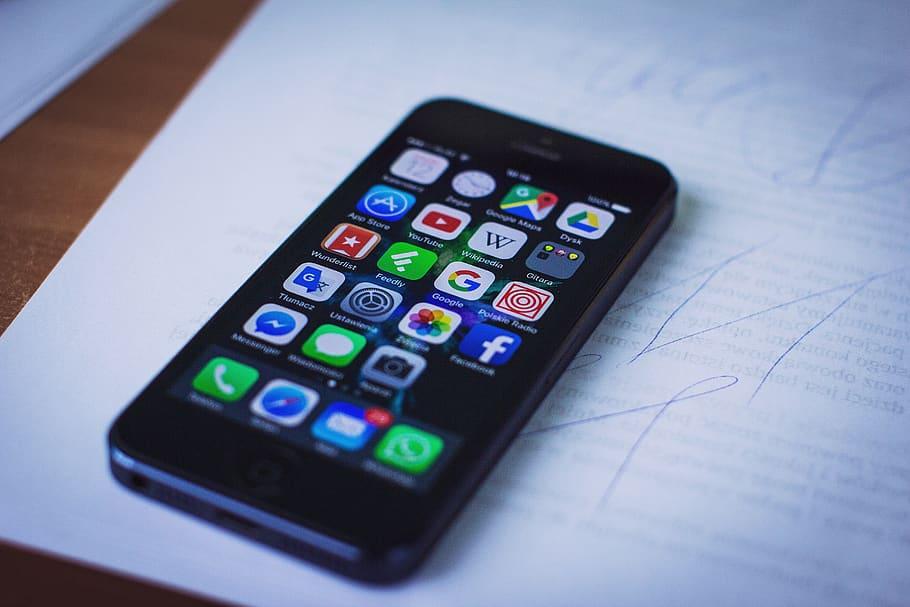Blocking apps are one effective way of getting help when you can’t help yourself
This article will take you about three minutes to read. Have you noticed how many articles now come with “estimated reading times” or even little bar graphs that show how far along you are in the article? Apparently, for people in our distracted world, three minutes is a serious commitment. One way this is being felt acutely is in music. Most pop songs are now roughly 3.5 minutes long. A new report shows the trend is towards further shortening and we may soon get to the point where a song is perhaps only two minutes long. Modern humans have the attention span of those dogs in the cartoon “Up.” One “squirrel!!” and we’re gone. It wouldn’t be such a big problem if it was only confined to music… but of course, it’s not. Being unable to focus affects every part of our lives: including our careers, and personal relationships. Our overall productivity – be it for work or school – is in a freefall. “Digital distraction” is the term being used for the myriad ways something on a screen can take us away from what we should be doing and lead us down some rabbit hole from which we may not emerge for hours. Social media, gaming, news sites, sports sites, Words with Friends, you name it, they’re all digital distractions. And if we’re honest, we have to admit such distractions are decreasing our quality of life. The backlash against digital distractions is gaining steam with some going completely “dark” or rejecting devices altogether for say, six months. These desperate attempts to control a scatterbrained existence may be needed for some, but other ways could be even more effective. Here we offer five ways to deal with digital distraction, and most of them you’ll note are not complete rejections of tech or even that difficult to achieve.

Number one: Use a blocking app. These clever apps sync across all your devices and then implement the blocking of whatever sites you choose to block and for however long you choose. This could be especially helpful for people with an online shopping addiction. Block the sites you commonly attempt to visit to check on “savings” during times when you know you really shouldn’t and, voila, problem solved.
Number two: Unsubscribe. We get a whole bunch of messages or emails or text alerts that we sometimes signed up for unknowingly when buying something or visiting some website. Go ahead and push the “unsubscribe” button for all but the most useful feeds or news alerts. We don’t have the time for everything.
Number three: Use One Tab. This tool is not the only one like it but it’s a good option. Having 15-25 tabs open on a browser only leads to a cluttered mind. With an option like this, all the tabs are compressed into one tab, but all those sites are still listed – with the dates you visited them – so you can reopen should you need them.
Number four: Reward yourself. If you’ve done a good job focusing that day and accomplished what you set out to do – treat yourself to something! And that something could include aimless, mindless, enjoyable web surfing. After you’ve accomplished your goals for the day, enjoy guilt-free social media use or go ahead and play Candy Crush. We need rewards as they create healthy feedback loops, so don’t forget to treat yourself to something when you’ve earned it.
Number five: Go invisible. Chat features on various platforms all have a silent or invisible mode, but it’s not the default. Again, this is a place where an app blocker might be more appropriate. You could just block social media entirely during work or study times. But if that’s not possible, turn off the indicator that shows you are “there.” This means you’re less likely to be messaged by some bored friend and sucked into some unnecessary conversation.

Other things that some find helpful include mindfulness practice or meditation, taking walks some place where there are trees and nature to look at, tracking your productivity, and setting up good schedules (a blocking app has functions that help with the last two of those). And finally, be true to yourself or “know yourself.” With a blocking app, you are only one who decides which sites to block and from what time to what time. This requires honesty. None of us want our boss or our professor monitoring our internet use. But in order to prevent companies and schools from installing AI software that does exactly that, we will have to better monitor ourselves. That’s the general appeal of a blocking app, it helps you when you can’t help yourself. And remember, being able to focus is like being able to do 50 pushups. It’s not something that most people can achieve immediately… but by doing 10 per day for a few weeks, you can achieve the goal of 50 relatively quickly. Muscles – including non-literal ones such as attention spans – atrophy when not exercised, so find the exercise plan that works for you… and get back to work. Good luck!

